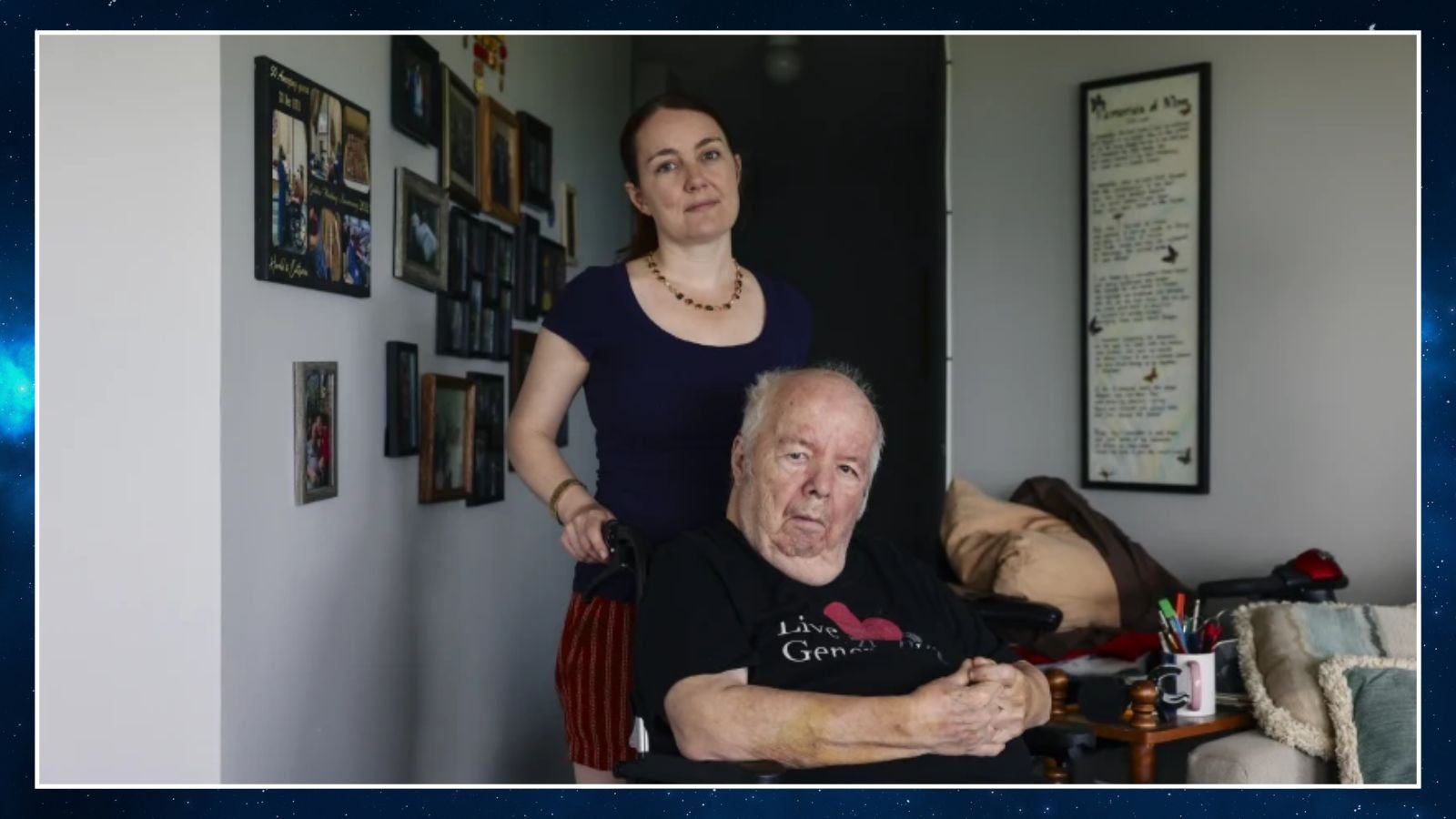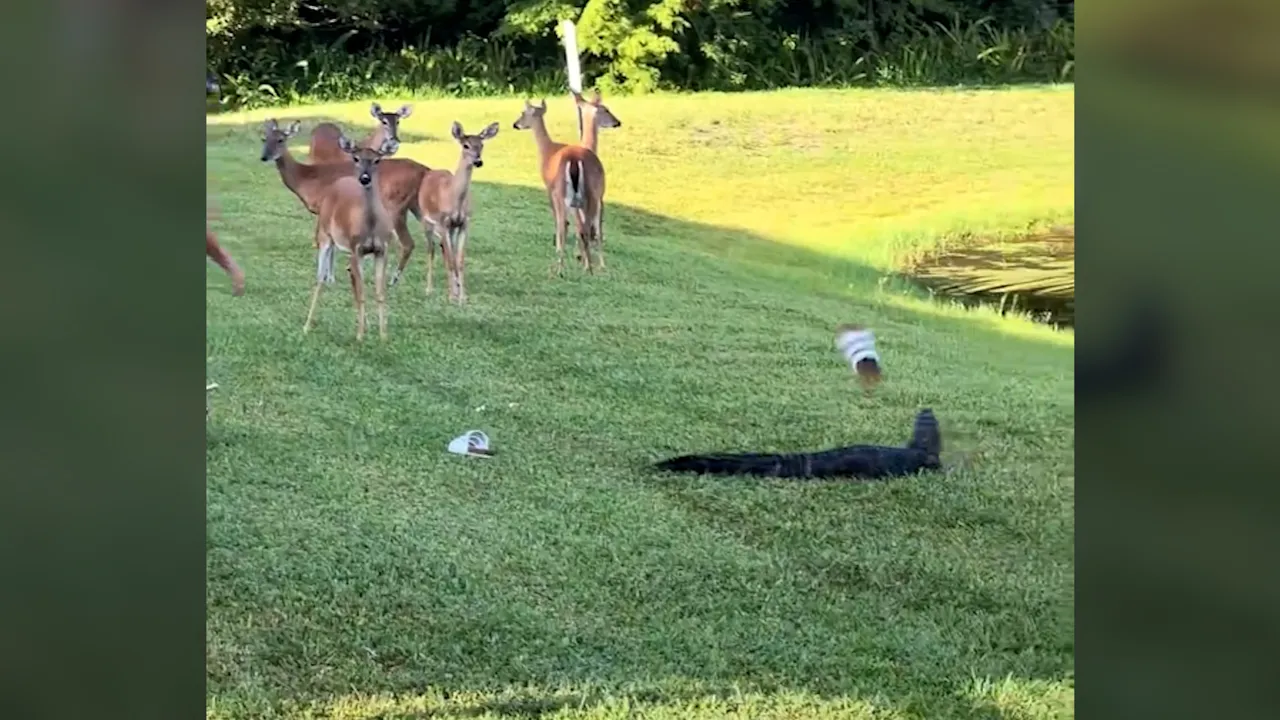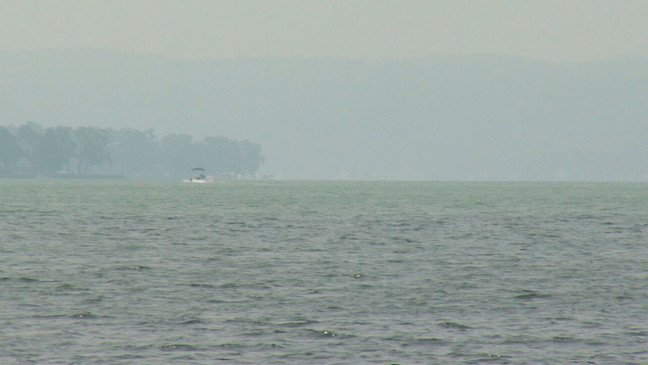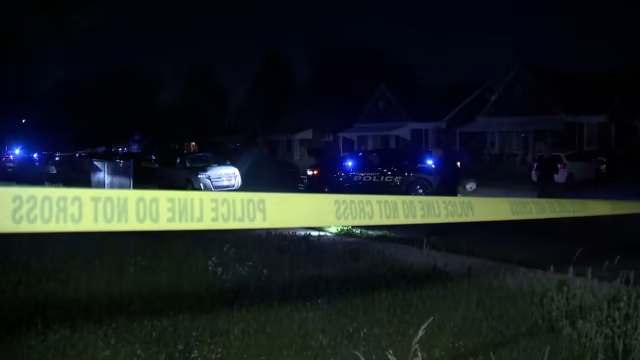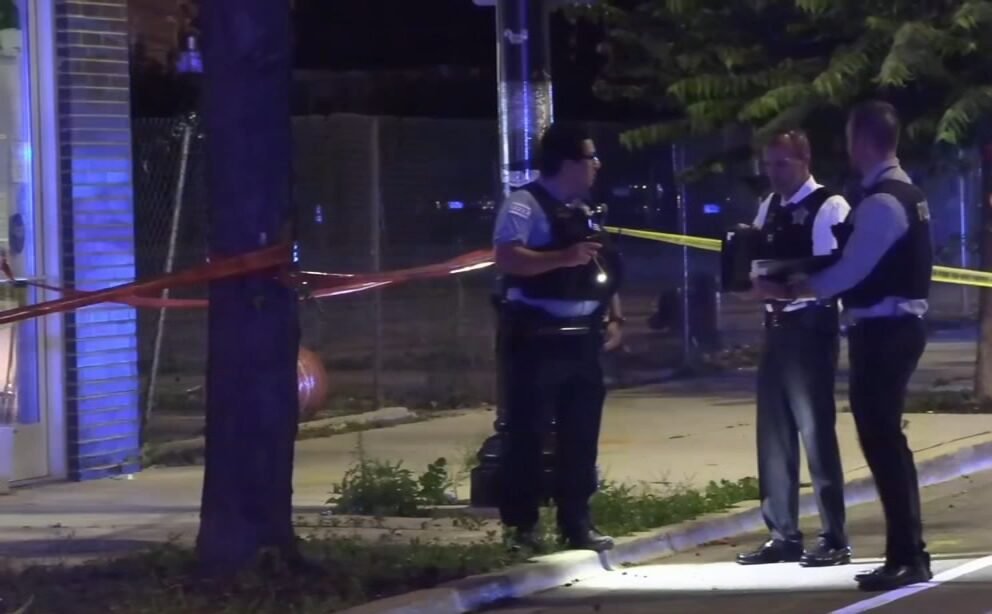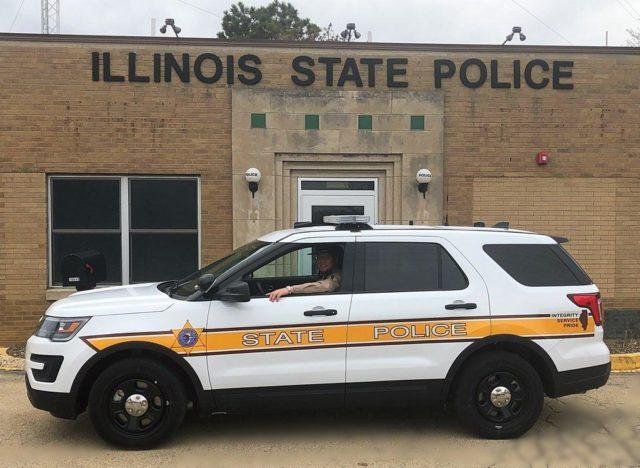CHICAGO — Patients evacuated from Weiss Memorial Hospital due to sweltering conditions were met with a similarly dire situation at West Suburban Medical Center in Oak Park, where indoor temperatures reportedly reached 88 degrees over the weekend, causing distress and fears of medical neglect.
The emergency transfer was prompted by a heat wave and a failed air conditioning system at Weiss, which saw indoor temps spike to 90 degrees last week. But families of patients say West Suburban was no better — describing the transfer as moving from “one sweltering hospital to another.”
From One Crisis to Another
Harold O’Connell, 83, was among 22 patients relocated from Weiss to West Suburban after Weiss officials shut down inpatient units due to extreme heat. His daughter, Diane O’Connell, told the Chicago Sun-Times that her father’s room at West Suburban soon climbed from 80 to 88 degrees — despite her efforts to cool it down with personal fans and a thermostat.
“It was a nightmare,” Diane said. “They had some very vulnerable people and took them out of a bad situation and put them into an even worse situation on purpose.”
She said her father, recovering from pneumonia, received quality care at Weiss until the heatwave forced a facility-wide evacuation on June 17. But the transfer to West Suburban was chaotic — Harold was restrained, disoriented, left without antibiotics or a feeding tube for over 30 hours, and was not seen by a doctor during that time.
Heat, Chaos and No Medical Oversight
Diane described a disorganized scene: her father placed in an unused wing, no doctor contact for over a day, and a lack of communication from staff.
Staff attempted to mitigate the rising heat by installing large AC units in hallways, but they often worsened conditions by pushing hot air back into the hospital, Diane said. Some nurses were reportedly working 12-hour shifts in 90-degree heat, unable to cope with the volume of patient needs.
“The staff were friendly and sympathetic. They did what they could, but they were overwhelmed,” she said.
Systemic Failures and Delayed Action
A spokesperson from Resilience Healthcare — the company that owns both Weiss and West Suburban — acknowledged in a statement that “some areas of West Suburban are warm.”
The company said a maintenance employee is “manually checking temperatures in all departments”, and that patients from the hottest units were moved elsewhere. Rooms over the safe temperature threshold are currently being kept empty.
Spot coolers have been “strategically placed” to help, but as of now, at least one AC unit is still down and awaiting parts, according to Resilience Healthcare.
Family Took Matters Into Their Own Hands
Diane said she filed a complaint with the Illinois Department of Public Health and attempted to get her father transferred back to a Chicago hospital — closer to home and in better conditions. But her efforts were stifled by red tape and minimal hospital cooperation.
“I’m an attorney. I was advocating my ass off,” she said, adding that the hospital denied basic accommodations like letting her father wait in a cooler lobby area.
Eventually, the family brought Harold home to their Edgewater apartment, where he is now recovering and off antibiotics. However, Diane said her father was left “traumatized” by the ordeal and still needs a medical follow-up.
Background: What Happened at Weiss?
The Weiss Memorial Hospital situation began when three of the hospital’s four AC units failed during the transition from heating to cooling systems. Temperatures inside reached unsafe levels as Chicago’s first major heat wave arrived.
Dr. Manoj Prasad, owner and CEO of Weiss, said on June 18 that patient safety remains a top priority, and repairs are underway. One AC unit has been fixed, while two more await parts. The hospital hopes to reopen inpatient services in about two weeks, Prasad said.
Have you or a loved one been affected by extreme heat conditions in a local hospital or care facility? Share your experience with us at ChicagoSuburbanFamily.com and help raise awareness about healthcare preparedness in extreme weather.

